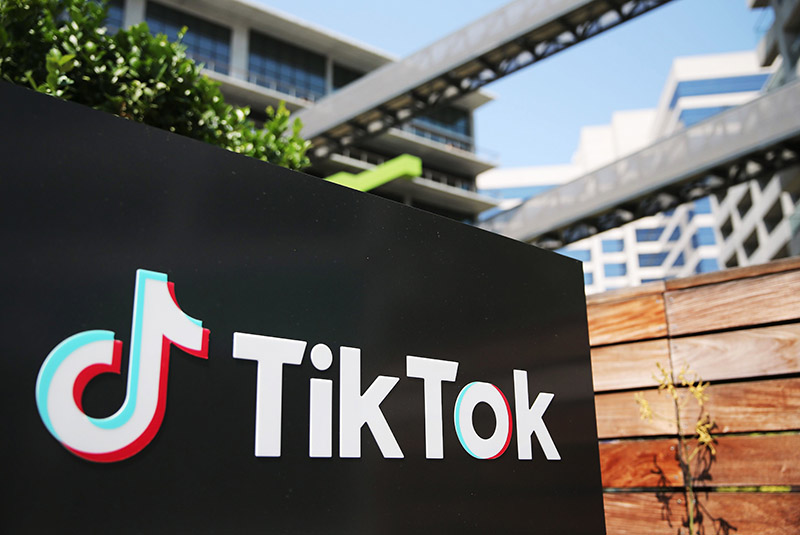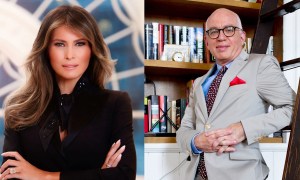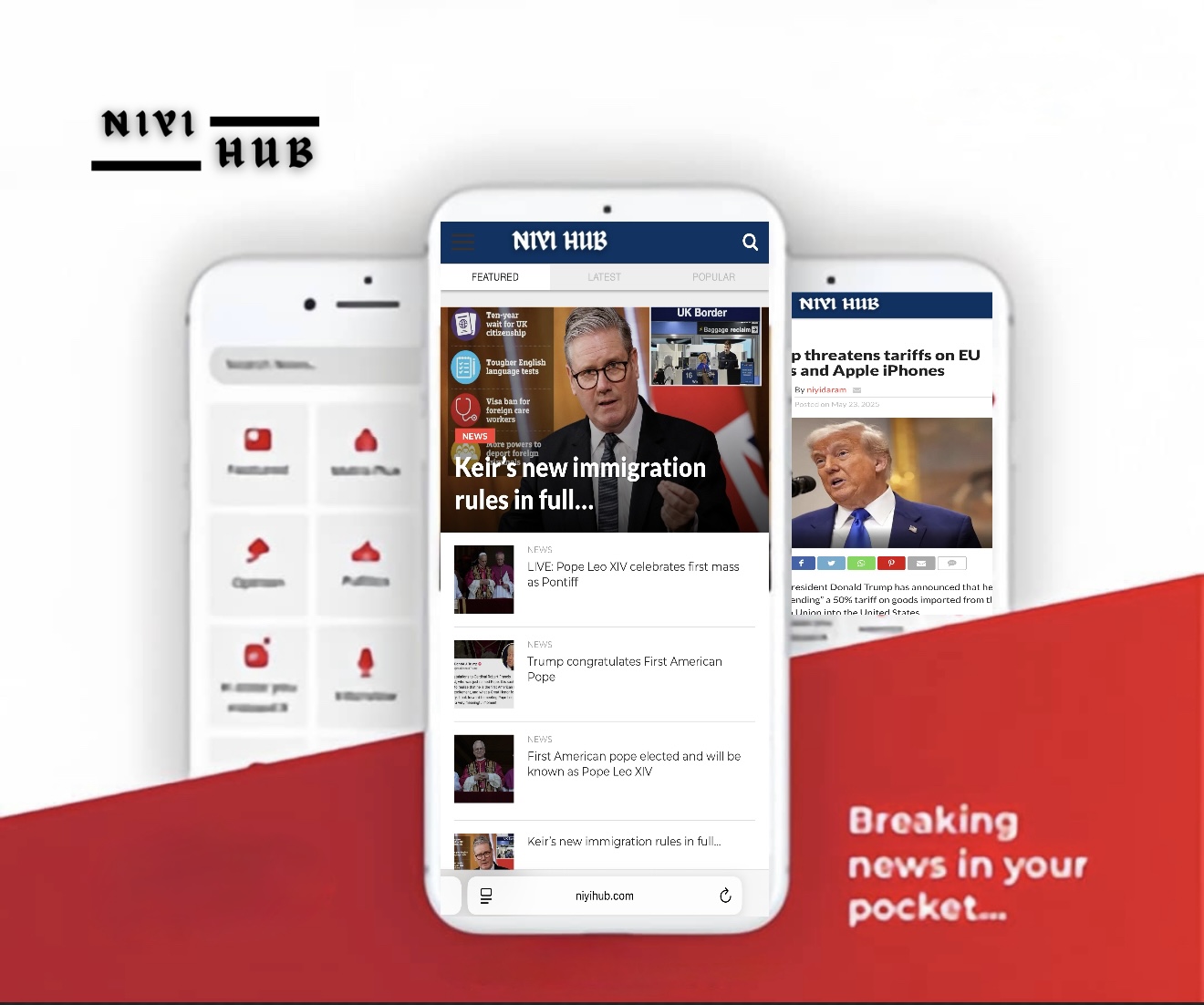The Supreme Court on Friday upheld a federal law that would ban the Chinese-owned social media platform TikTok, just two days before the bipartisan divestiture law is set to take effect.
The court acknowledged that TikTok provides a unique and extensive platform for expression, engagement, and community building for over 170 million Americans. However, it emphasized that Congress has determined that divestiture is necessary to address its well-founded national security concerns regarding TikTok’s data collection practices and its relationship with a foreign adversary.
Based on these reasons, the court concluded that the challenged provisions do not infringe upon petitioners’ First Amendment rights. Consequently, the judgment of the United States Court of Appeals for the District of Columbia Circuit is affirmed. The US Supreme Court, Washington, D.C. (Drew Angerer/AFP via Getty )
The US Supreme Court, Washington, D.C. (Drew Angerer/AFP via Getty )
Notably, there were no dissenting opinions.
The crux of the matter was the Protecting Americans from Foreign Adversary Controlled Applications Act, a law passed by Congress last April with broad bipartisan support. This law gave TikTok a nine-month window to either divest from its Chinese parent company, ByteDance, or face removal from U.S.-based app stores and hosting services.
In passing the law, Congress expressed concerns over TikTok’s Chinese ownership, which they believed could potentially lead to the app’s weaponization or the collection of vast amounts of user data, including from the approximately 170 million Americans who utilize TikTok.
TikTok, ByteDance, and several app users swiftly sued to block the ban in May, arguing that the legislation would suppress free speech for millions of Americans who use the platform. After a lower court upheld the ban, the Supreme Court agreed to hear TikTok’s emergency request to either block or pause the law’s implementation within a fast-track timeline, just nine days before the ban was scheduled to take effect.
President-elect Donald Trump, who was not immediately responsive to the Supreme Court’s decision, which comes just days before his inauguration, has the power to delay the law. He could either not enforce it vigorously, giving TikTok more time to find a buyer, or continue operating as-is. Alternatively, he could take other actions that maintain the current status quo.
Trump mentioned that he had a phone conversation with Chinese President Xi Jinping hours before the Supreme Court decision was published. He described the conversation as “very good” for both China and the U.S. They discussed shared interests, including TikTok.
Trump has also invited TikTok CEO Shou Chew to attend his inauguration. Chew has confirmed his attendance.
READ THE SUPREME COURT RULING ON TIKTOK LAW
During oral arguments, lawyers for the Biden administration reiterated their argument that TikTok’s Chinese ownership poses a “grave” national security risk for American users.
U.S. Solicitor General Elizabeth Prelogar highlighted potential risks, such as China weaponizing the app by manipulating its algorithm or forcing ByteDance, TikTok’s parent company, to divulge vast amounts of user data on U.S. users.
In contrast, TikTok’s lawyers argued that the case primarily concerns restrictions on free speech protections under the First Amendment, which they claim applies to TikTok’s U.S.-based incorporation. Noel Francisco, TikTok’s lawyer, asserted that the U.S. government lacks a valid interest in preventing foreign propaganda and emphasized TikTok’s right to the highest level of free speech protections under the U.S. Constitution.
Francisco also pointed out that TikTok cannot divest from its Chinese parent company due to portions of its source code and intellectual property being housed in China.
When considering First Amendment protections, laws must be crafted to serve a compelling government interest and narrowly tailored to achieve that interest. This is a challenging legal test to satisfy in court. Last month, the U.S. Court of Appeals for the District of Columbia Circuit used this approach in reviewing the divestiture law and upheld it. They outlined a theoretical scenario where the Supreme Court could have considered the case under strict scrutiny and still upheld the law.
During oral arguments at the Supreme Court, several justices appeared skeptical of TikTok’s core argument that the law constitutes a restriction on speech. Justice Clarence Thomas posed a critical question early in the arguments, asking, “Exactly what is TikTok’s speech here?” This indicated the court’s apparent doubt that the law is indeed a violation of the First Amendment.
The Supreme Court, with its 6-3 conservative majority, has historically been deferential to Congress on matters of national security.
Last year, Congress passed the divestiture law under the guidance of top Justice Department officials who collaborated closely with House lawmakers to draft the bill and ensure its legal viability.
However, this decision comes at a critical juncture, as President-elect Trump has recently indicated apparent support for the app. In December, Trump hosted TikTok CEO Shou Zi Chew at his Mar-a-Lago resort and later stated that his incoming administration would “take a look at TikTok” and the divestiture case.
Furthermore, attorneys for the president-elect filed a brief with the Supreme Court last month, requesting a delay in any decision until after Trump’s inauguration on January 20. While the brief did not explicitly outline Trump’s intentions, it referenced his previous request for the court to pause the ban from taking effect until his inauguration.
FOX News

















